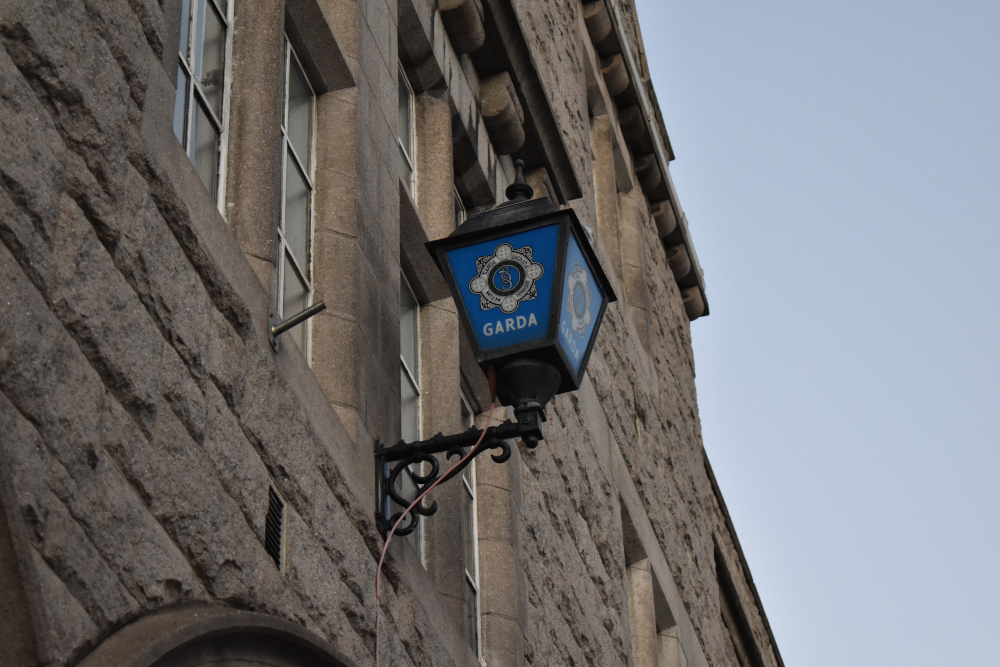New bill to give gardaí ‘swift access’ to digital criminal evidence

New legislation is to be introduced to permit gardaí to swiftly access criminal evidence in digital form.
The Criminal Justice (Protection, Preservation and Access to Data on Information Systems) Bill 2024 will allow law enforcement authorities like An Garda Síochána to request the preservation and production of data being held on IT systems controlled by internet service providers in order to investigate and tackle crime.
Ministers have approved the general scheme of the bill, which will now be referred to the Oireachtas justice committee for pre-legislative scrutiny.
The government believes that “preservation and production orders”, which will be expanded under the bill to cover a broader range of data categories, are more suitable for obtaining digital evidence than traditional search and seizure measures.
Justice minister Helen McEntee said: “Traditional search and seize legislation was drafted to target physical spaces and objects. It pre-dates the technological evolution seen in recent years where much of human, and in turn criminal, activity is taking place in the virtual space and with the footprints of this activity accessible often only on private cloud infrastructures.
“The measures in the bill provide comprehensive, modern tools for law enforcement agencies like An Garda Siochana to access online evidence easily and efficiently while ensuring individuals’ privacy rights are respected. The bill will also be a key element of the Government’s vision for a modern, cohesive and well-resourced regulatory system for the digital economy.”
The bill will also give effect to various international agreements, including the Council of Europe Budapest Convention on Cybercrime, the EU E-evidence Regulation (EU) 2023/1543 and the EU Terrorist Content Online Regulation (EU) 2021/784.
James Browne, minister of state in the Department of Justice, said: “Ireland is uniquely positioned as the EU base of a significant number of internet service providers. This means that we have a key role in terms of our enforcement of EU measures aimed at tackling crime and terrorism that online services can facilitate.
“This bill displays our commitment to implementing these measures and cooperating with authorities throughout the EU in pursuit of those aims. It will also ensure we continue to meet our international obligations and support the goal of Ireland being a centre of regulatory excellence for the digital economy, which is a key government objective.”
Under the new E-evidence Regulation, Irish authorities can request data controlled by internet service providers based in other EU states and authorities in other EU states can do the same with respect to data controlled by Irish-based service providers.
District Court judges will be designated under this legislation as the Irish issuing authority for outgoing Irish orders.
The bill will also give Coimisiún na Meán powers to sanction service providers for non-compliance with the EU Terrorist Content Online Regulation, which provides an EU-wide mechanism for the rapid removal of online terrorist content.









